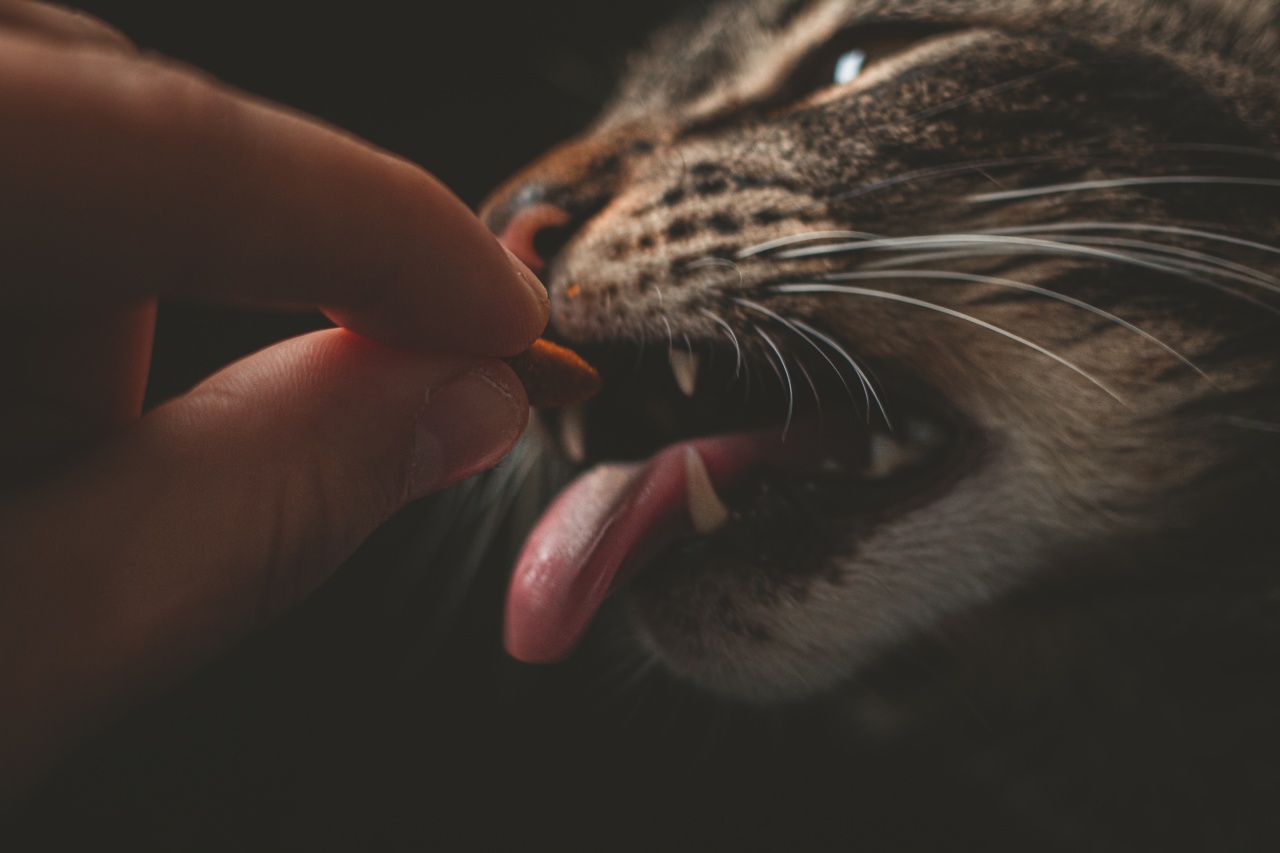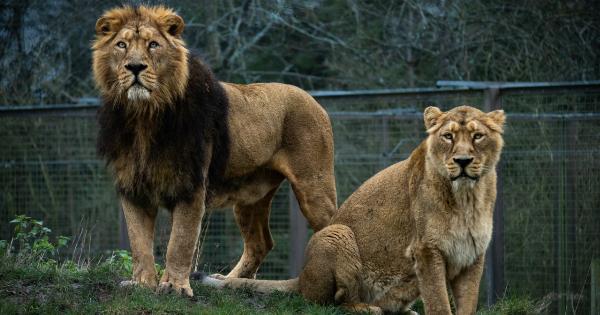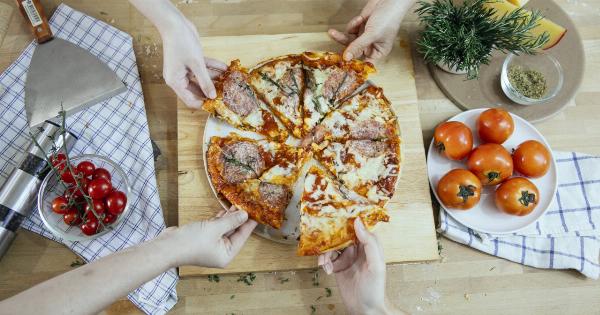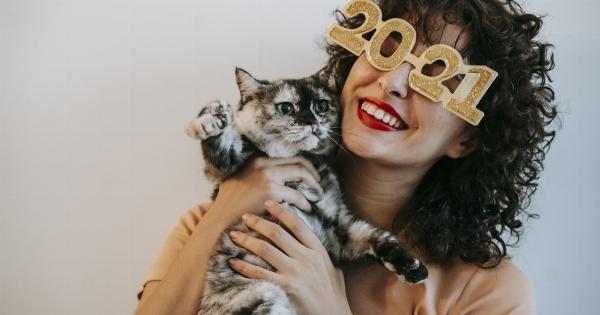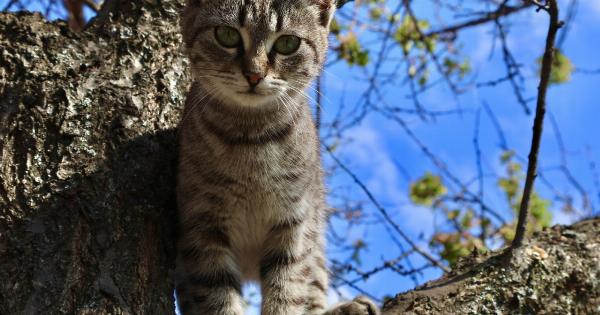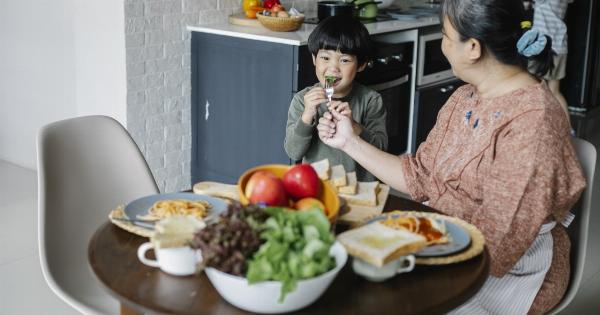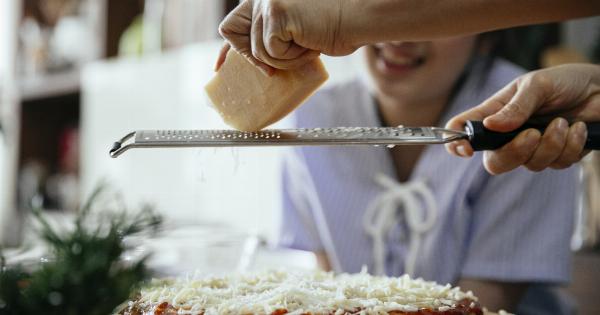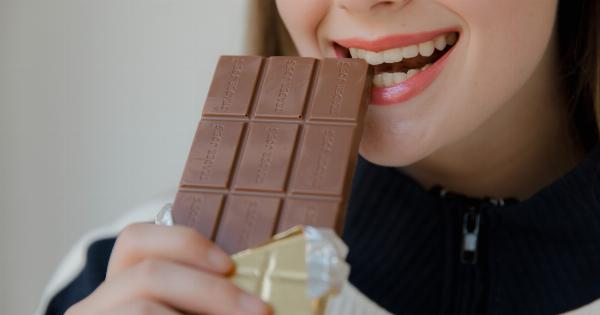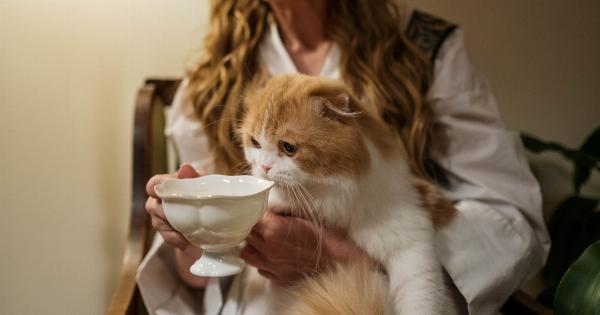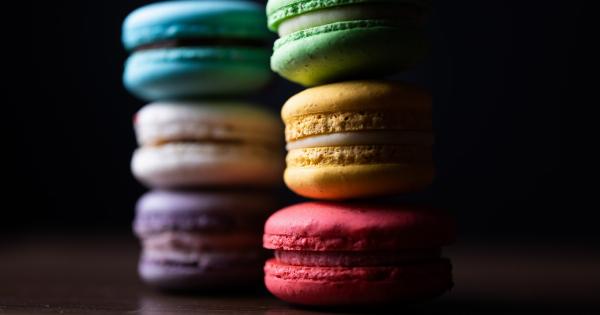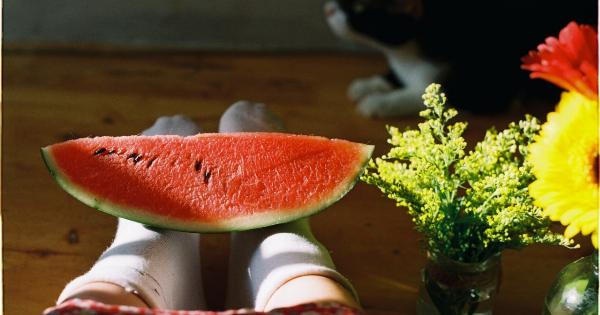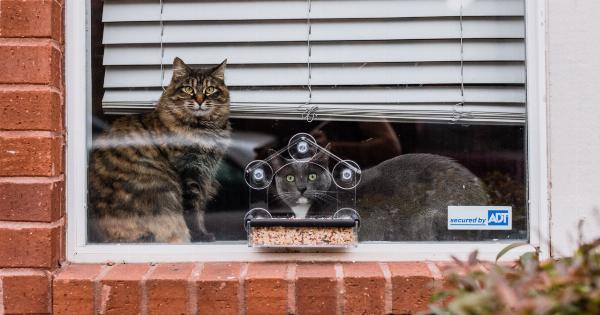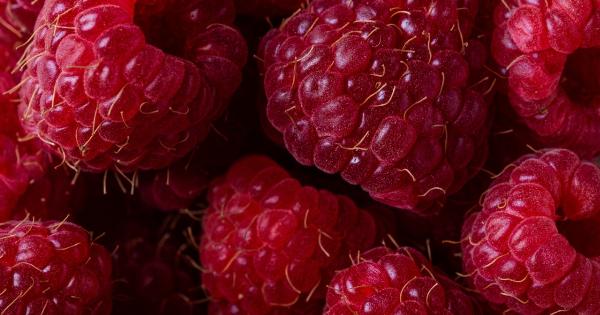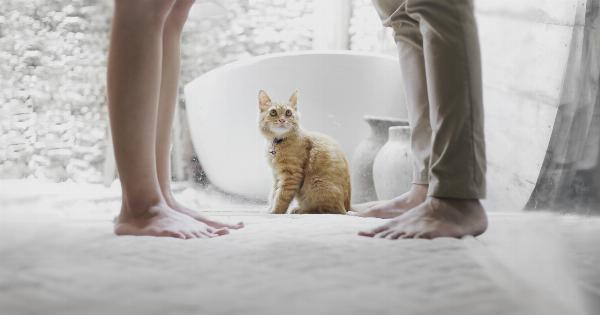Cats are considered one of the most beloved pets all over the world. Many cat owners treat their furry felines like family members, which includes providing them with the best foods. However, not all human foods are safe for cats to consume.
Some of these foods can cause digestive and health problems for your cat.
Chocolate
Chocolate is a stimulant that contains methylxanthines like caffeine and theobromine, which makes it toxic to cats. These substances can stimulate your cat’s heart rate, cause seizures, and even lead to death.
Cats are unable to metabolize theobromine effectively. Even small amounts of chocolate can cause symptoms such as vomiting, diarrhea, hyperactivity, tremors, and abnormal heart rhythm.
Caffeine
Caffeine is another stimulant that can be deadly for cats. It can be found in products such as coffee, tea, energy drinks, and some sodas.
Caffeine can cause vomiting, diarrhea, restlessness, rapid breathing, heart palpitations, muscle tremors, and even death. Keep your cat away from any food or drinks that contain caffeine.
Onions and Garlic
Onions and garlic, particularly when they are raw, can lead to red blood cell damage, leading to anemia in cats. This is because they contain disulfides and sulfoxides, which destroy red blood cells and cause oxidative damage to the cell membrane.
Symptoms of onion and garlic poisoning may take a few days to show up, but they include lethargy, weakness, pale gums, fast breathing, and increased heart rate. Cooked onions and garlic in small amounts are generally safe for cats. However, it is best to avoid them altogether to be on the safe side.
Avocado
The fruit, bark, and leaves of avocado have persin, which can cause vomiting, diarrhea, and heart congestion in cats. While the levels of persin in ripe avocado are low, it is best to avoid giving your cat this fruit altogether.
The pit also poses a choking hazard and can cause intestinal obstruction, which is fatal in some cases.
Tomatoes
Tomatoes are a member of the nightshade family and contain solanine, which is toxic to cats. While ripe tomatoes are generally considered safe, the green parts of the tomato plant- the leaves, stems, and unripe fruit- contain high levels of solanine.
Symptoms of solanine poisoning include lethargy, vomiting, diarrhea, dilated pupils, and weakness. If you have a tomato plant, make sure your cat cannot access it to avoid any poisoning incidents.
Alcohol
Alcoholic beverages are lethal to cats. Even tiny amounts of alcohol can cause severe intoxication, leading to coma, respiratory difficulties, and even death. If you suspect your cat has ingested alcohol, seek emergency veterinary care immediately.
Signs of alcohol poisoning in cats include vomiting, disorientation, restlessness, breathing difficulties, and seizures.
Grapes and Raisins
Grapes and raisins contain an unknown toxin that can cause kidney failure in cats. Ingesting grapes and raisins can lead to signs such as vomiting, diarrhea, lethargy, decreased appetite, and abdominal pain.
Kidney failure can occur within 48 hours of ingestion of the fruit. If you suspect your cat has eaten grapes or raisins, contact your veterinarian immediately.
Fish and Bones
Feeding your cat fish can be beneficial to their diet as fish is an excellent source of protein. However, feeding your cat uncooked fish can pose a risk of bacterial infections such as salmonella and listeria.
Cook fish thoroughly before feeding it to your cat. Additionally, fish bones can lead to choking and intestinal obstructions, which is a hazard to your cat’s health and life.
Milk and Dairy Products
Cats are lactose intolerant, which means they lack the necessary enzymes required to digest lactose in milk and dairy products. Feeding your cat milk and dairy products can lead to digestive upset, which includes vomiting and diarrhea.
If you notice these symptoms, avoid feeding your cat dairy products and consult your veterinarian for other alternatives to supplement your cat’s diet.
Fatty Foods
Fatty foods such as fried chicken, bacon, and fatty meats can cause digestive upset and an increased risk of pancreatitis in cats. Pancreatitis is an inflammation of the pancreas, which leads to digestive problems.
Feeding your cat a balanced diet and avoiding feeding them junk food can keep them healthy and happy.
Conclusion
Cats are curious creatures, and they may consume anything they deem interesting. As a cat owner, it is your responsibility to ensure that your cat’s diet is well-balanced and to prevent them from ingesting harmful foods.
Always keep foods that are toxic to cats out of their reach, and consult your veterinarian for dietary advice. A well-nourished cat is a healthy and happy feline.
